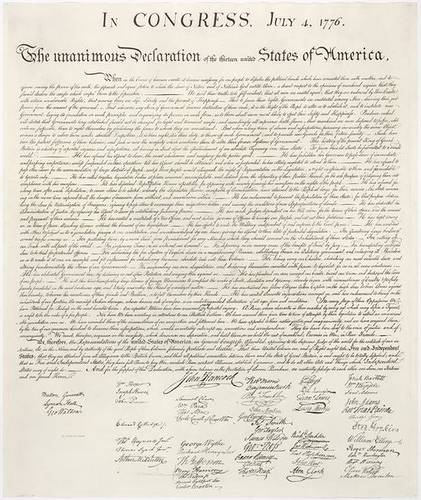
Fifteen-year-old Owen Burnham was walking along a Gambian beach in 1983 when he came upon a group of villagers cutting up a carcass. He says it measured about 15 feet long, with a 4.5-foot head and a beak containing 80 conical teeth. The villagers eventually sold the head to a tourist and buried the body.
Burnham’s story is a little fishy — he took extensive measurements but didn’t think to take a photo or save a sample. And now no one can find the body.
Maybe “Gambo” was a living dinosaur; maybe it was a mangled whale; maybe it never existed. At this point the only person who can shed any light is the tourist … and he’s not talking.


